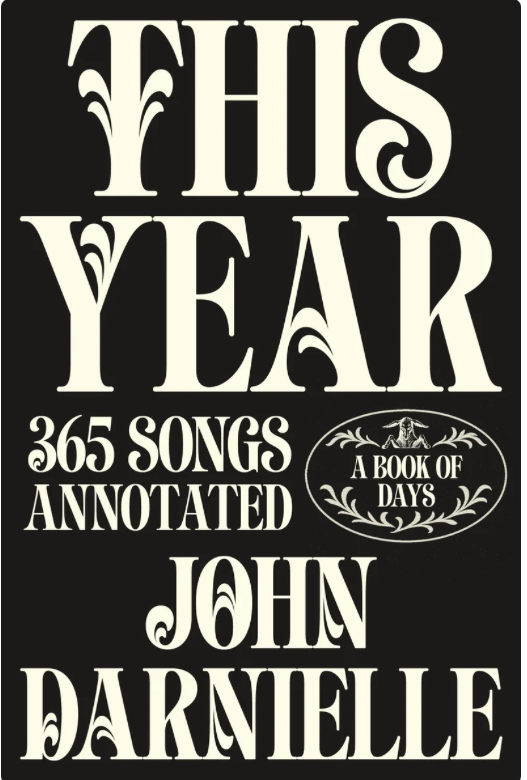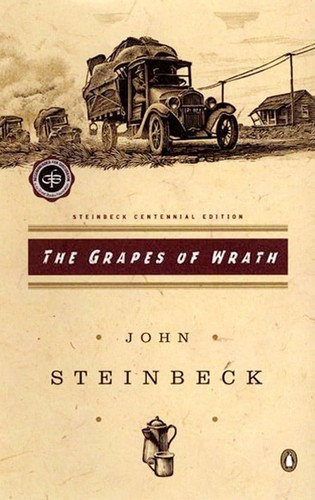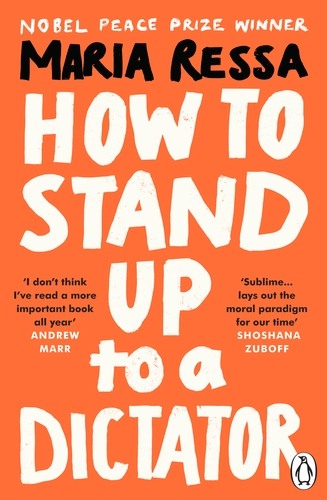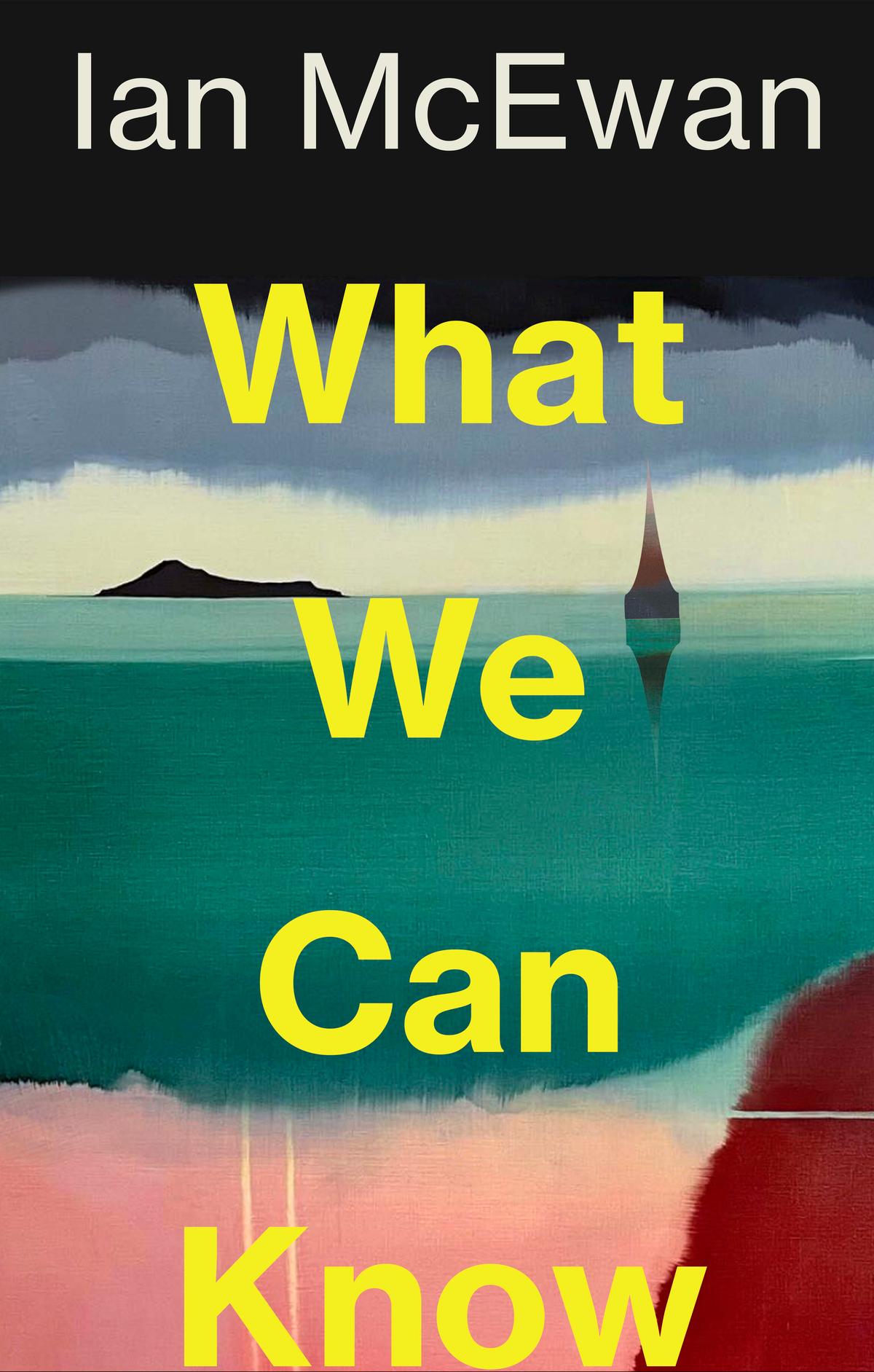GG finished reading Tilt by Emma Pattee
This is a book for mothers and pregnant people. Being neither, I got somewhat bored by all the cliches about how moms are FIERCE! and STRONG! and can work miracles to protect their kids! And the cliches about how pregnant women are tired of being patronized, nervous about becoming parents, and sometimes have doubts about their partners. It’s a propulsive story, but the constant peril is also stressful and wearing. If you’re a mom and want to inspired about it, this is probably a good book for you, but I’m not sure I’d recommend it generally.












